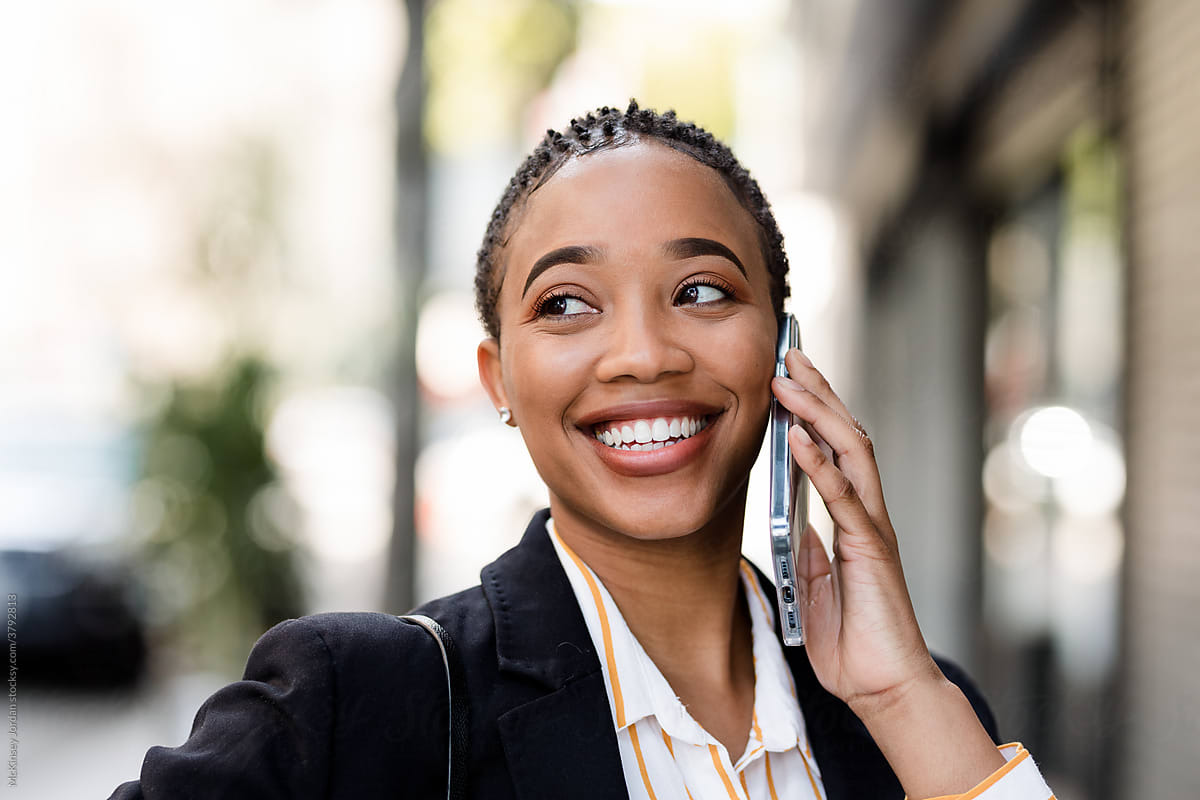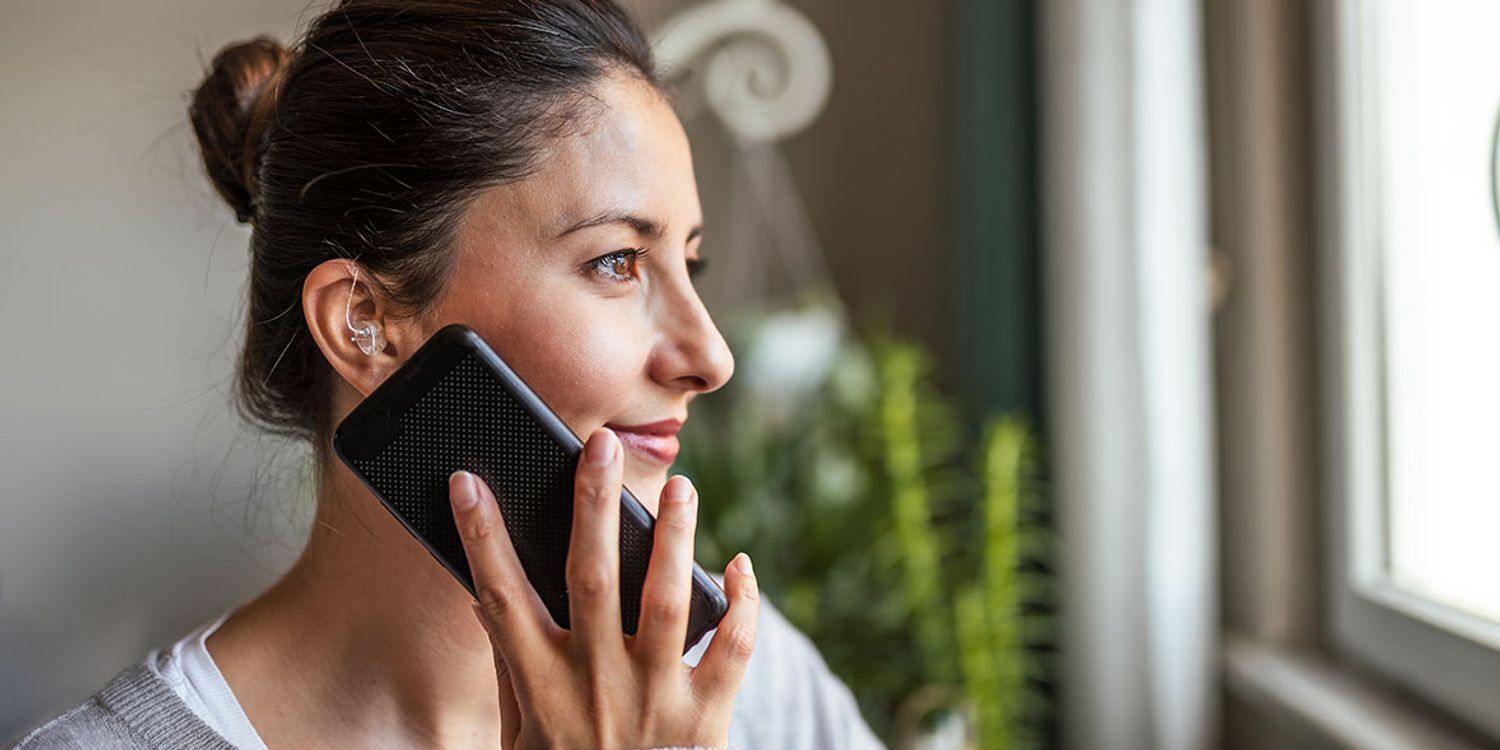For More Information Contact Us Today!
Dr. Roxanne Borukhov
Dr. Kathleen Kalschmid
Dr. Kathleen Kalschmid
We speak Spanish and Russian
EMAIL NOW!
CALL NOW!
We speak Spanish and Russian
EMAIL NOW!
CALL NOW!
Did you know that the average American spends up to three hours talking on their phone each day? And even for those who aren’t hard of hearing, it isn’t always easy. With intermittent signal and the sounds of the city, it can be difficult to engage in conversation fully. But speaking on the phone is a large part of modern life, and just because you’re wearing hearing aids doesn’t mean you should miss out.
On top of sound distortions, phone conversations are made more difficult by their lack of visual cues. What’s more, telephone frequency sound ranges are much smaller than the average human ear – transmitting a frequency bandwidth between 300-3400 hertz, whereas normal conversations span from 250 to 8000 hertz.
High frequency is key for clear hearing, and without it, those with hearing loss may experience the conversation in mumbles. It means that phone calls require a lot of concentration, which can be both exhausting and frustrating. But we’ll reiterate: it doesn’t mean you can’t have phone conversations. It just means that you’ll need to keep some tips in mind and follow certain strategies to get that phone call just right.
We’ve added some guidance from our certified hearing aid doctors below.

Developments in technology have resulted in a world of choices. No matter your desired style, hearing ability, and preference, when searching for quality hearing aids, an audiologist is bound to find a device perfectly suited to you.
And while many modern hearing aids come with connectivity capabilities that enable them to connect to your smart devices, it’s important to make the most of all the settings available. While it may seem complicated, a specialist can set it up for you to simplify the process.
For example, some devices connect to your phone automatically and pick up the conversation from there. That means that you’re hearing the conversation directly from our hearing aid rather than through your phone speaker, and then through your hearing aid, which could distort the sound even further. This also limits background noise and allows the hearing aid to tune the sound as much as possible to improve the quality of the sound and, thus, your conversation.
If your hearing aid can’t be set up to connect to your phone directly, there are some ways you can make the process smoother It goes without saying that both you and the speaker should be in the quietest place possible to limit any background noise. Next, make sure to place the phone near your mic or put the phone on video call so that you can also have access to the speaker’s body language and visual cues.
In some cases, putting your aids too close to your phone can cause sound interference, so you could try putting your phone on speakerphone and holding your device away from your aids to limit sound distortion.
There are even some phones designed for people with hearing loss. These amplify sounds to a hearable level without sacrificing quality, and some even provide captions of your phone conversation words. Speak to a registered hearing aid doctor, and they can arrange one for you.
Forest Hills Audiology offers comprehensive diagnostic audiology and hearing care services for adults and children over the age of 6. Our licensed, ASHA-certified audiologists set the standard in audio care, having treated clients for thirty years.
As part of our commitment to quality hearing, we provide guidance throughout your aid sourcing, fitting, and setting up process. If you’re looking for a full evaluation or hearing aids in Queens, contact our team for a booking. We’re just a phone call away.
